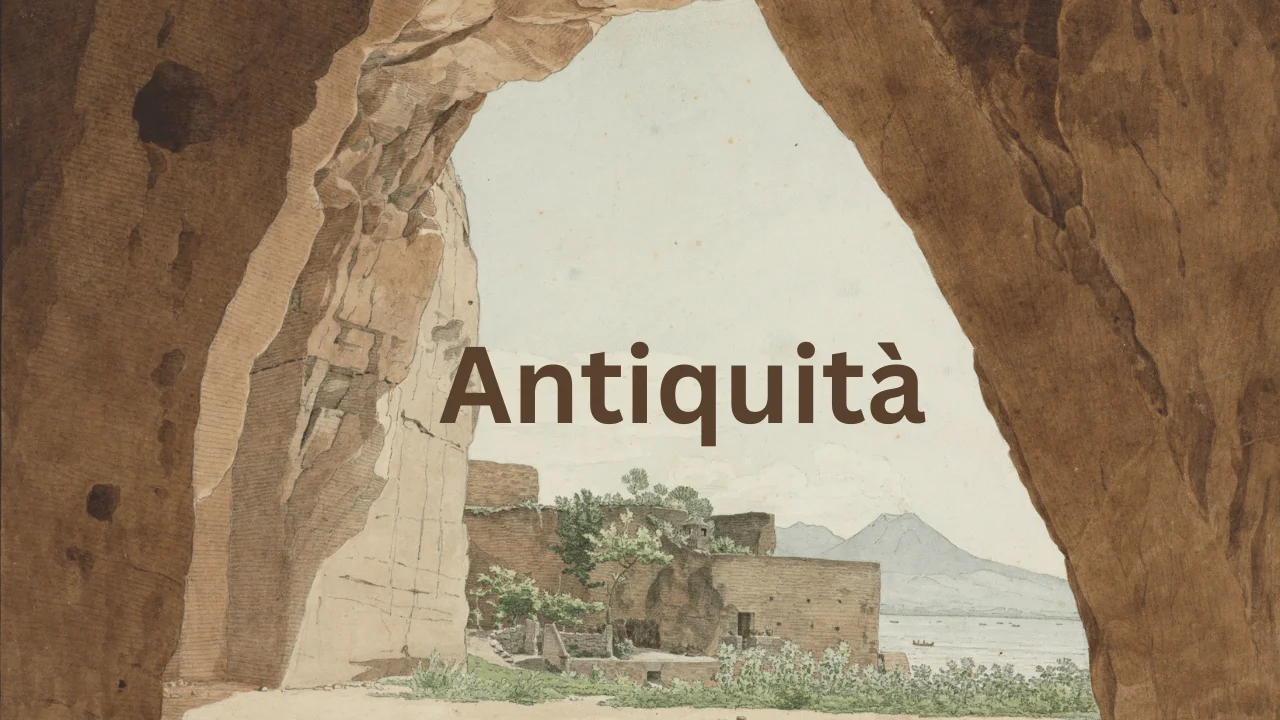In this article, we delve into the fascinating world of Antiquità. From its definition to its significance in modern society, we explore various aspects of this rich cultural heritage.
Definition and Origin
Antiquità refers to ancient artifacts, ruins, and monuments that hold historical, cultural, or archaeological significance. The term originates from the Latin word “antiquus,” meaning ancient. It encompasses a wide range of objects and structures dating back to ancient civilizations, including but not limited to pottery, sculptures, architecture, and inscriptions.
Significance of Antiquità
Antiquità plays a crucial role in understanding the past, shedding light on the lifestyles, beliefs, and achievements of ancient civilizations. These artifacts serve as tangible links to our collective human history, offering valuable insights into the development of societies across the globe.
Preservation Efforts
Preserving antiquities is paramount to safeguarding our cultural heritage for future generations. Governments, organizations, and individuals worldwide invest in various conservation and restoration projects to protect these precious relics from natural decay, vandalism, and looting.
Popular Antiquità Sites
Rome, Italy
Rome stands as a testament to the grandeur of ancient civilizations, boasting iconic landmarks such as the Colosseum, Roman Forum, and Pantheon.
Athens, Greece
Home to the Acropolis and Parthenon, Athens is a treasure trove of ancient Greek architecture and art, offering a glimpse into the glory of the classical era.
Cairo, Egypt
Cairo’s Egyptian Museum and Giza Necropolis are renowned for their vast collection of pharaonic artifacts and towering pyramids, showcasing the splendor of ancient Egypt.
Challenges in Preserving Antiquità
Despite conservation efforts, antiquities face numerous threats, including urbanization, pollution, climate change, and illicit trade. Balancing development with preservation remains a constant challenge for authorities and conservationists.
Cultural and Historical Impact
Antiquità not only enriches our understanding of the past but also shapes contemporary culture and identity. Art, literature, architecture, and philosophy continue to draw inspiration from ancient civilizations, influencing modern society in profound ways.
Role of Antiquità in Tourism
Antiquity sites attract millions of tourists annually, contributing significantly to local economies and fostering cultural exchange. Tourism plays a vital role in raising awareness about the importance of preserving these heritage sites for future generations.
Technological Advancements in Antiquity Studies
Advancements in technology, such as 3D scanning, virtual reality, and satellite imaging, have revolutionized the study and conservation of antiquities. These tools enable researchers to digitally preserve and analyze artifacts with unprecedented precision.
Antiquità in Modern Art and Culture
Ancient motifs and themes continue to inspire artists, designers, and filmmakers worldwide, reflecting a timeless fascination with the past. From museum exhibitions to Hollywood blockbusters, antiquity remains a perennial source of creativity and intrigue.
Ethical Considerations
The trade of antiquities raises ethical concerns regarding the provenance and ownership of artifacts, particularly those acquired through illegal means. International efforts to combat illicit trafficking and repatriate stolen treasures are ongoing but face numerous legal and logistical challenges.
Future of Antiquità Preservation
As we navigate the complexities of the modern world, the preservation of antiquities remains an ongoing priority. Collaborative efforts between governments, institutions, and local communities are essential to safeguarding our shared cultural heritage for future generations.
Conclusion
In conclusion, Antiquità serves as a bridge between the past and the present, offering valuable insights into our shared human history. By preserving and celebrating these ancient treasures, we honor the legacy of our ancestors and enrich the cultural tapestry of humanity.
FAQs
- What is the significance of antiquities? Antiquities provide valuable insights into ancient civilizations, helping us understand their culture, beliefs, and achievements.
- How are antiquities preserved? Antiquities are preserved through conservation and restoration efforts, including cleaning, stabilization, and documentation.
- Why is the trade of antiquities controversial? The trade of antiquities raises ethical concerns regarding looting, illegal excavation, and the loss of cultural heritage.
- What role does tourism play in the preservation of antiquities? Tourism generates revenue for the maintenance and conservation of antiquity sites while raising awareness about their cultural importance.
-
How can individuals contribute to the preservation of antiquities? Individuals can support conservation efforts by respecting heritage sites, reporting illegal activities, and advocating for their protection.



